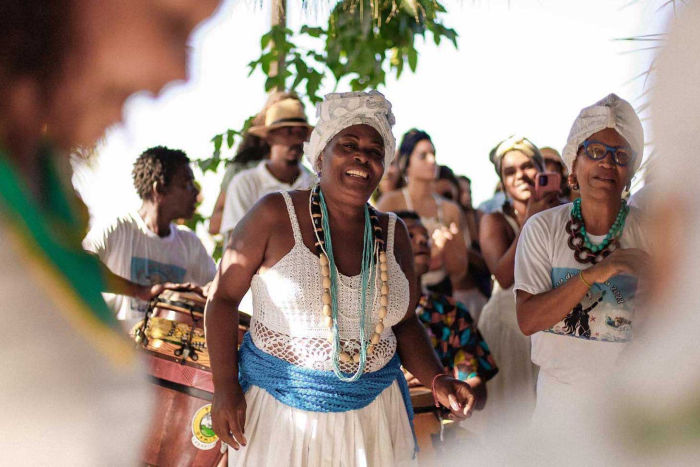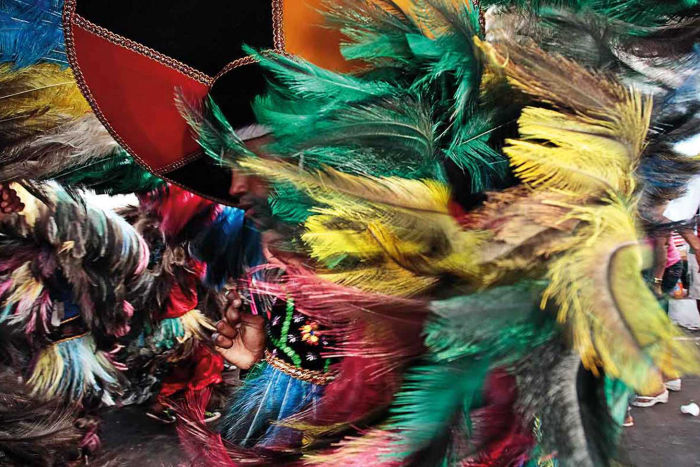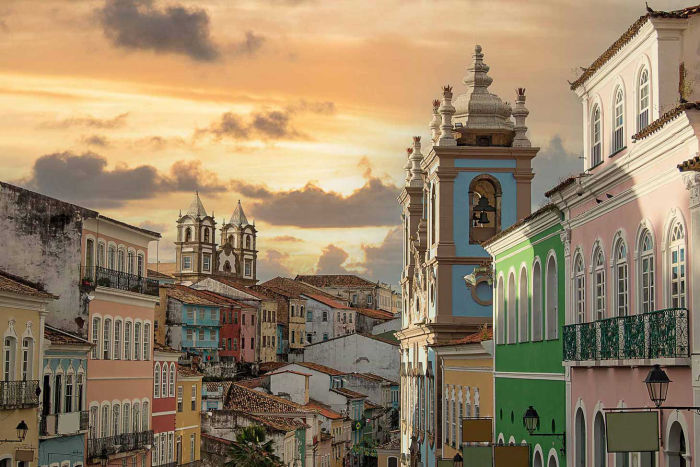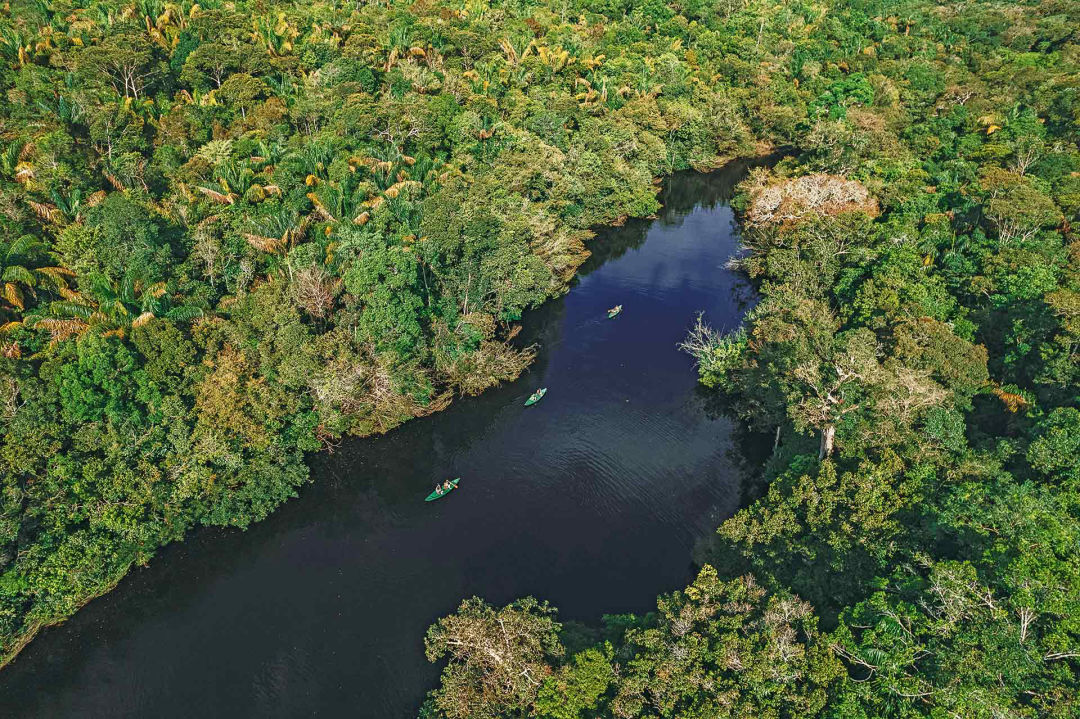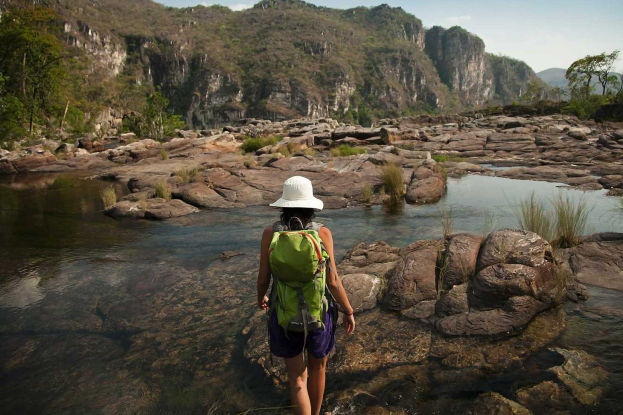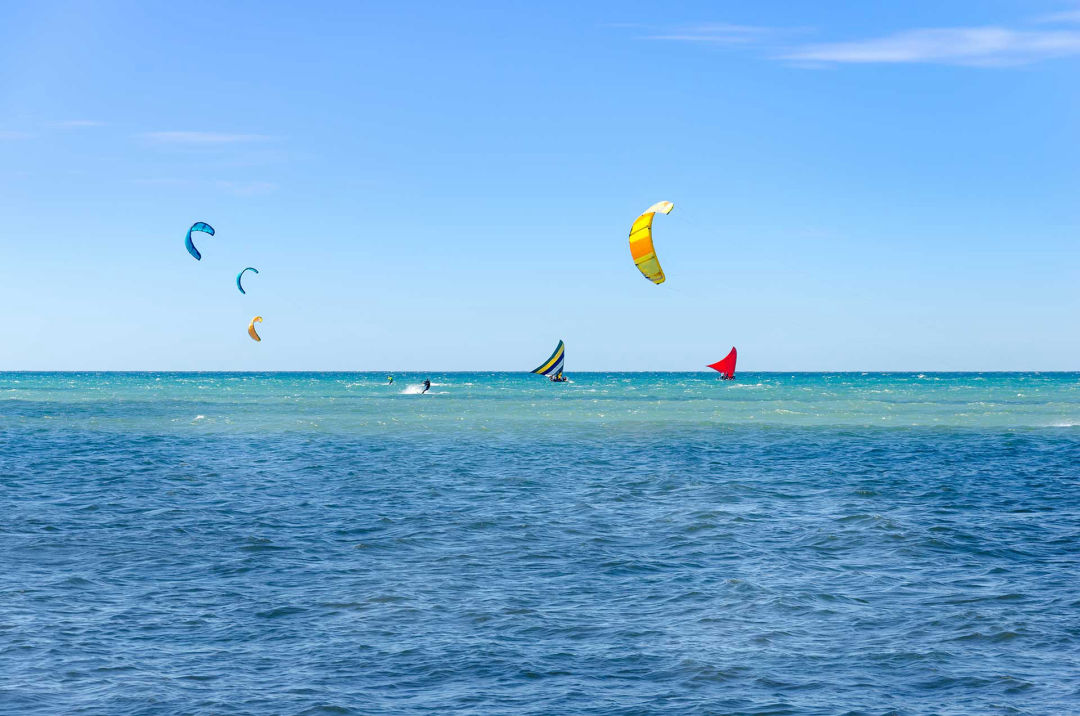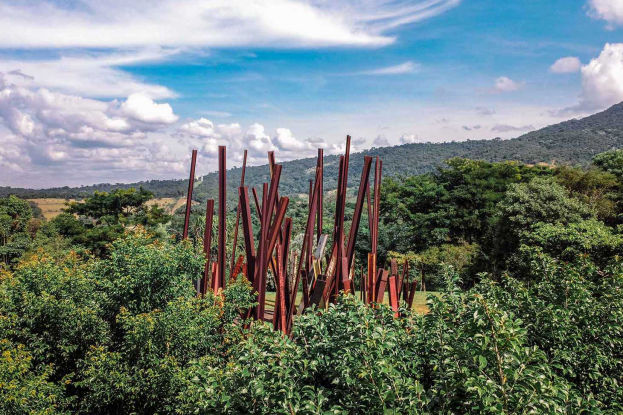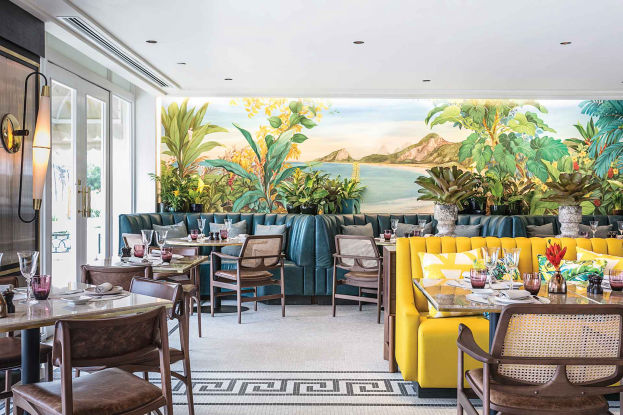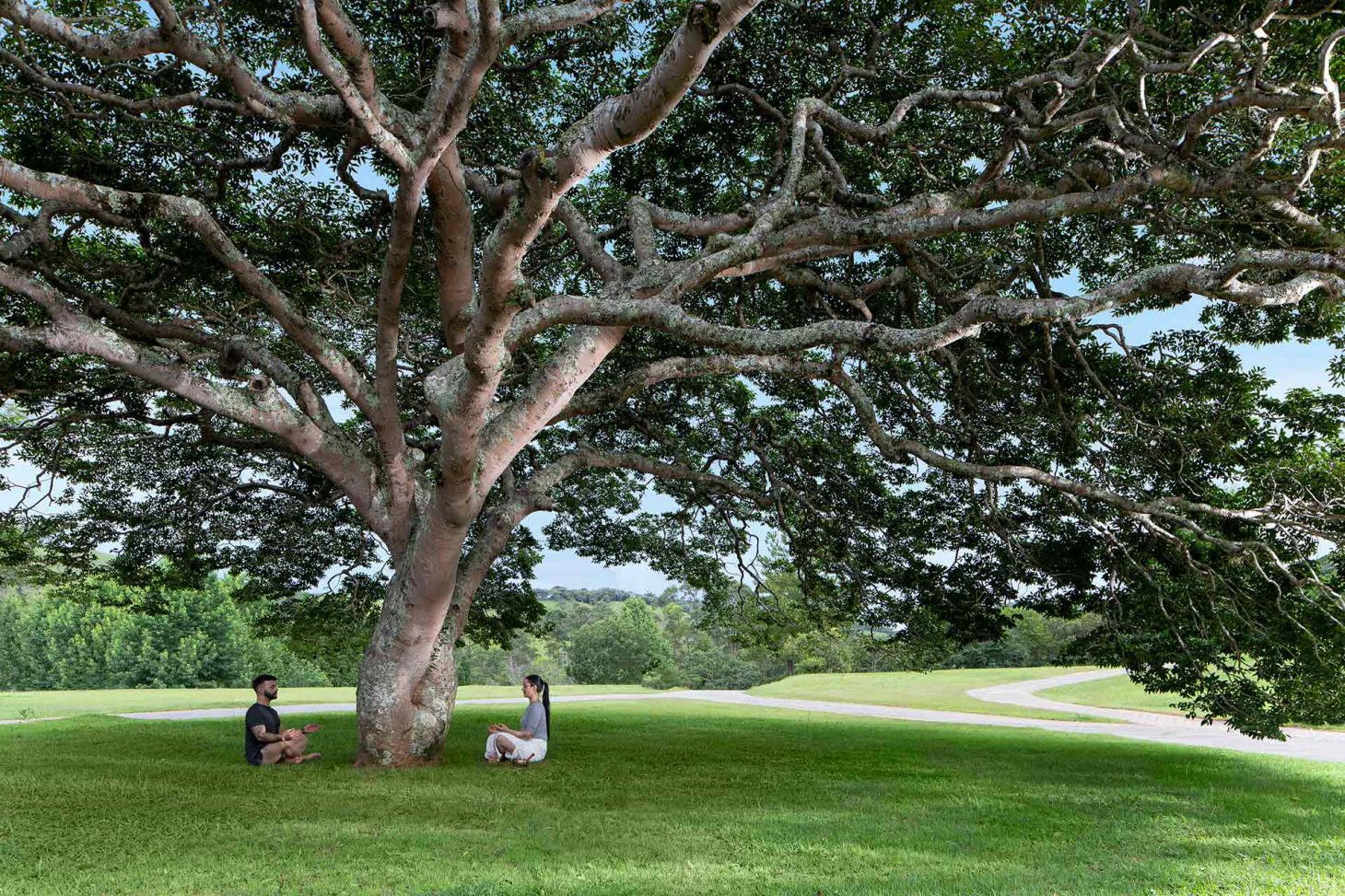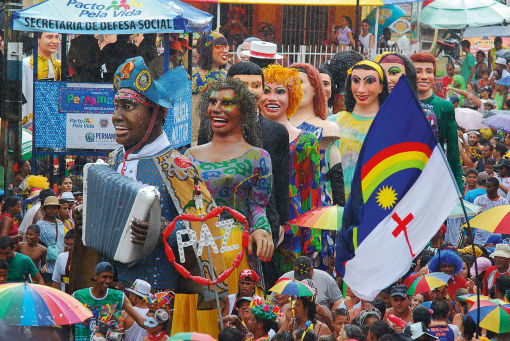ROUTES OF BRAZIL
Afro Route

From samba to maracatu, from berimbau to afoxé, from congadas to bumba-meu-boi, from feijoada to acarajé, from candomblé to umbanda, from the literary brilliance of Machado de Assis and Carolina Maria de Jesus to the contemporary philosophy and activism of Djamila Ribeiro, from the humor of Mussum and Grande Otelo to the musical genius of Gilberto Gil, Elza Soares, Seu Jorge, Milton Nascimento, BaianaSystem, and countless other icons of this rhythmic nation: African cultural heritage pulses through every corner of Brazil, whether in art, cuisine, or religion.
One of the places where Black heritage is more deeply embedded is Bahia. It’s no coincidence that Salvador boasts around 2,000 Afro-Brazilian religious temples and is the Brazilian capital with the largest Black population. The city is a vibrant stage for the Olodum drums, the Ilê Aiyê parades, the flowing moves of capoeira, and the novels of Jorge Amado, offering numerous spaces and events that celebrate its African diasporic legacy, from Pelourinho to Curuzu.
highlight significant historical moments, inviting both reflection and celebration, whether to the rhythm of Pernambuco’s frevo or Maranhão’s tambor de crioula. But no place symbolizes resistance to slavery better than Serra da Barriga in Alagoas, where the Quilombo dos Palmares Memorial Park – the only theme park dedicated to Black culture in Brazil – keeps alive the inspiring memories of leader Zumbi, his grandmother (warrior princess Aqualtune, matriarch of the quilombo), and the thousands of Black people who sought refuge there during the colonial era.
In the Southeast, countless Afrocentric routes promote tourism in cities like Ouro Preto (in Minas Gerais), Rio de Janeiro, and São Paulo. In Rio, options range from traditional samba circles at Pedra do Sal, in “Little Africa,” to the infectious rhythms of samba schools during pre-Carnival rehearsals and the booming beats of funk parties in predominantly Black communities. For fans of Machado de Assis, a major highlight is the new tour retracing the steps of this Black writer through the streets of Rio. São Paulo boasts over ten Afrotourism routes across the state, not to mention the impressive collection at the Afro Brazil Museum, located in the city’s most iconic green space, Ibirapuera Park.
Beyond celebrating Afro-Brazilian identity and culture, Afrotourism fosters racial equality by creating opportunities and driving economic growth in Quilombola communities. At the same time, it offers Black international travelers a chance to reconnect and provides all visitors with transformative experiences brimming with history, art, and ancestry throughout Brazil.
